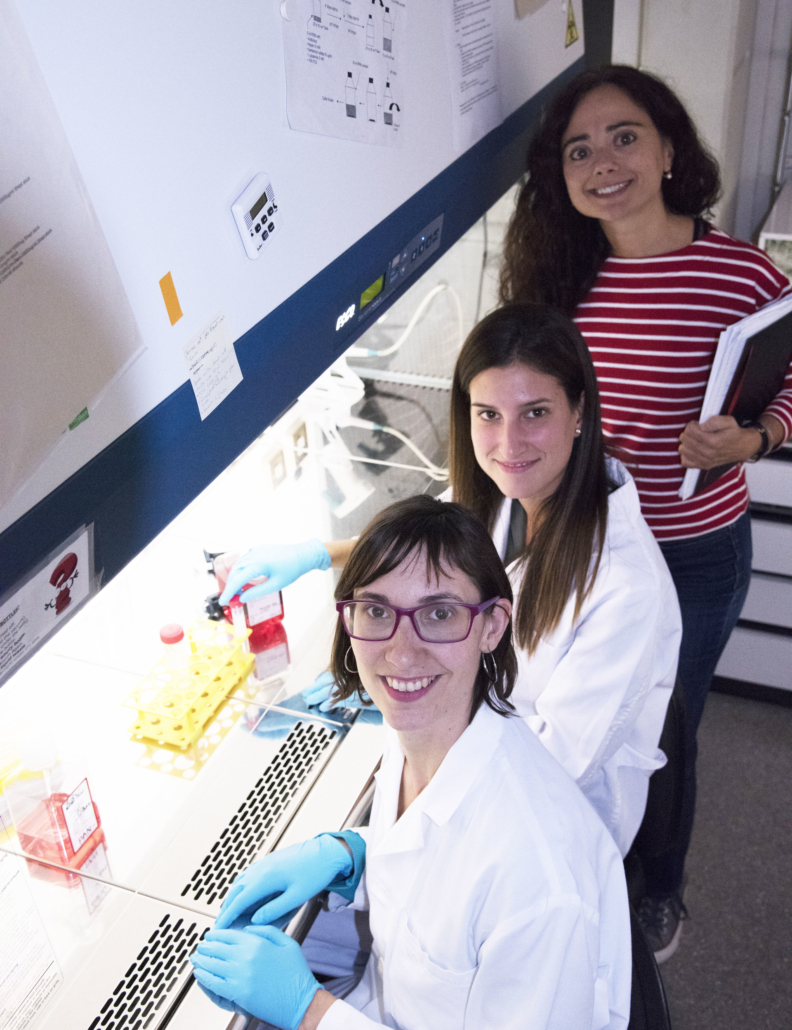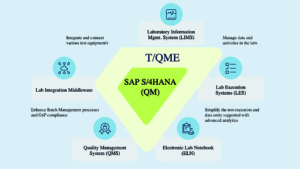
Bacterial antigen mimicry drives MS
T cells target a bacterial variant of a human enzyme promoting autoimmune diseases such as Multiple Sclerosis (MS).
A US-European research team has identified an bacterial variant of a human enzyme named GDP-L-fucose synthase in the human gut microbiota that can trigger the development of multiple sclerosis. The idea that bacterial molecular mimics may disturb the balance of regulatory to effector T cells, which enables immune tolerance, is not new. Researchers, however, so far didn’t find a molecular trigger for autoimmunity.
A research group headed by Mireia Sospedra from University Hospital Zurich together with Spanish and US colleagues now reports about the enzyme that triggers autoimmune responses in human T cells isolated from MS patients. Studying a T cell clone isolated from MS brain lesions they found the specific for GDP-L-fucose synthase. When examining CD4+ T cells from the cerebrospinal fluid (CSF) of 31 MS patients, they found 12 of them displayed reactivity to the enzyme. Interestingly, CSF-derived T cells from four of these MS patients crossreacted to a variant of GDP-L-fucose synthase produced by several bacterial species from the gut microbiome.
MS affects around 2.5 million people worldwide. MS arises when the immune system attacks the protective myelin sheat that is wrapped around neurons to accelerate neuroal signal transmission in the brain and spinal cord.


 T. Rowe Price
T. Rowe Price Sandoz
Sandoz Tenthpin Solutions AG
Tenthpin Solutions AG